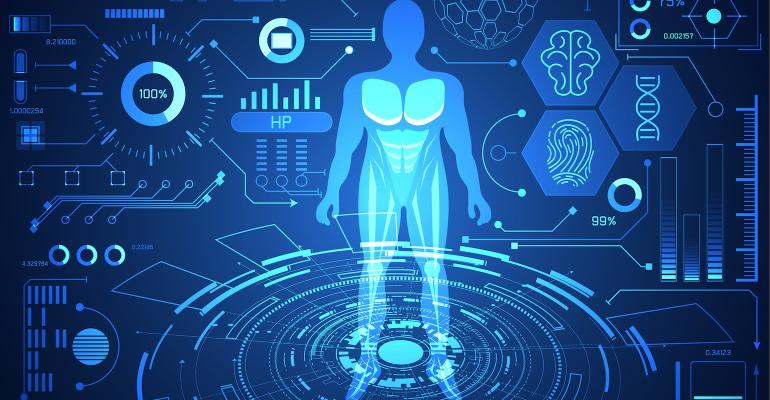It’s wearable tech without the hardware.
Scientists at the University of Chicago developed a flexible Band-Aid-like device patients can wear – and it stores and analyses their health information in real time.
This device uses AI and ‘neuromorphic’ computing chips that function more like a human brain than a typical computer chip to analyse large amounts of health data, according to their paper published in Matter.
"We've bridged wearable technology with artificial intelligence and machine learning to create a powerful device that can analyse health data right on our own bodies," said lead author Sihong Wang, an assistant professor of molecular engineering at the university.
In the future, the researchers said, the apparatus can potentially identify diseases before symptoms appear, thanks to continuous health monitoring. For example, wearable biosensors can detect oxygen and sugar levels, as well as immune molecules in the bloodstream.
This differs from a smartphone that offers health monitoring because phones are not capable of complex analysis that can spot key signs of disease.
To test this wearable, the scientists applied its analytical capabilities on electrocardiograms (ECGs). They used five types of ECG data for training: one healthy signal and four abnormal ones. The team then tested the data on new ECGs and found the device could accurately categorise the heart beats, based on how the stretchable chip was bent or flexed.
Going forward, the researchers plan on incorporating other health markers to diagnose disorders and diseases. Wang pointed out that automatic feedback loops, like those used in implantable insulin pumps that can automatically regulate medications, can be integrated with the neuromorphic devices in the future.
"If you can get real-time information on blood pressure, for instance, this device could very intelligently make decisions about when to adjust the patient's blood pressure medication levels," said Wang.


